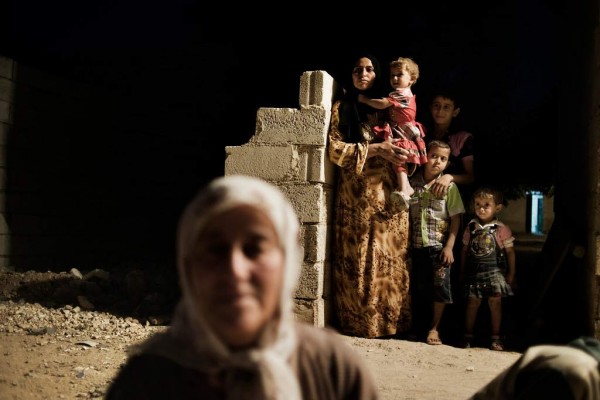
Aid agencies said on Thursday that 2014 was the worst year of the Syrian conflict so far and that three UnitedNations Security Council resolutions aimed at alleviating the suffering had failed.
Syria’s crisis started in March 2011 with protests against the government and descended into a civil war that has killed more than 200,000 people.
The U.N. resolutions passed last year demanded an end to arbitrary killing and torture, and the removal of barriers to aid access imposed by the Syrian government and insurgents.
“There have been more killings, more bombings, a massive increase in displacement and a huge increase in the number of people in need of humanitarian assistance,” said Daniel Gorevan, a Syria policy advisor at British charity Oxfam.
“The Security Council resolutions have essentially failed,” he said in an interview in Beirut. Oxfam is one of 21 humanitarian and human rights organizations that wrote the report.
Gorevan said Security Council members, which include Russia and the United States, had not implemented their own resolutions by failing to pressure warring parties to stop indiscriminate killing and increase aid access.
In 2014, the United Nations said the Syrian government had approved less than half of its convoys to besieged or “hard-to-reach” areas of Syria. The U.N. is also not working in large areas of Syria run by the hardline Islamic State group.
The report also said humanitarian funding had decreased. In 2013, 71 percent of the funds needed to support civilians inside Syria and refugees in neighboring countries were provided. In 2014, this had declined to 57 percent.
A resolution adopted in July authorized the U.N. to undertake cross-border aid operations without consent from Damascus, but the report said these had been hampered by restrictions from neighboring countries, which include Turkey and Jordan.
A separate report released this week by two U.N. agencies working in Syria painted a dire picture of life four years into the conflict.
The population has shrunk by 15 percent and life expectancy has dropped 24 years, from an average of 79 to 55, it said. The country’s GDP has dropped by nearly $120 billion and four out of every five Syrians live below the national poverty line.
Half of all school children have not attended school for the past three years, the report said.
Reuters

Leave a Reply
You must be logged in to post a comment.